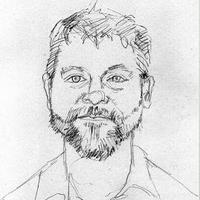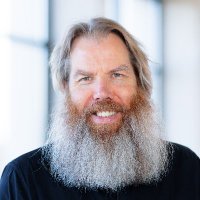
Dr. Jonathan Foley
@GlobalEcoGuy
Executive Director, Project Drawdown. Climate & environmental scientist, working on solutions. My views.
ID:378643551
http://Drawdown.org 23-09-2011 15:17:29
12,5K Tweets
93,3K Followers
6,7K Following


“Agriculture has disrupted the planet more than anything we have ever done, including burning fossil fuels. A sustainable future depends on recognizing this fact –and radically changing how we farm and eat” Dr. Jonathan Foley on Project Drawdown drawdown.org/news/insights/…


Once again, Dr. Jonathan Foley demonstrates the power (and indeed necessity) of quantified thinking!











